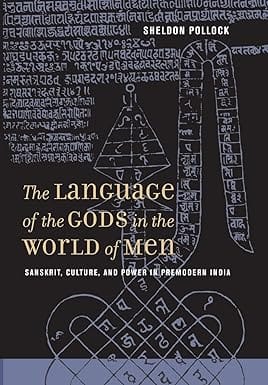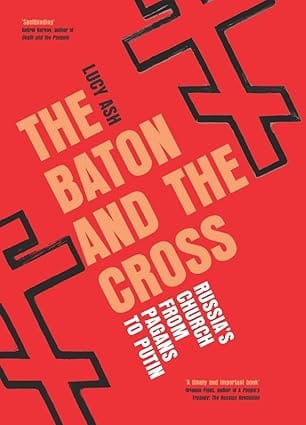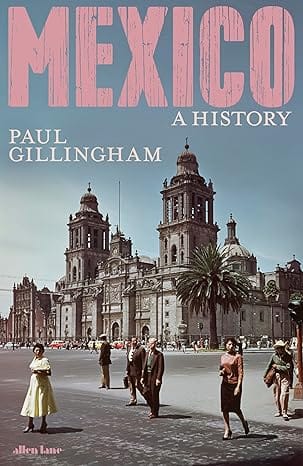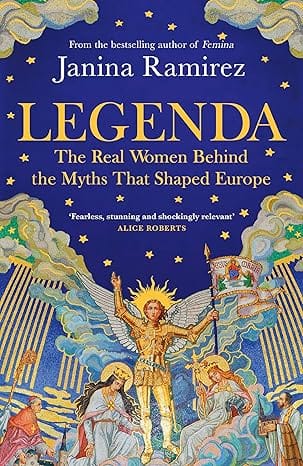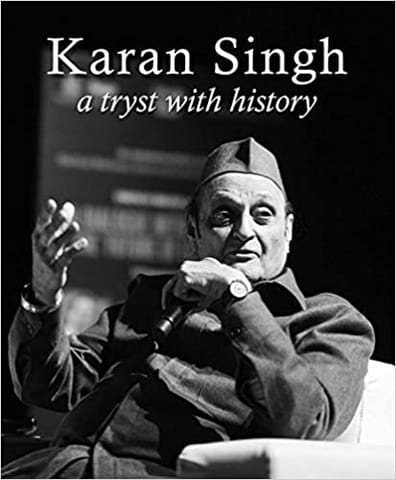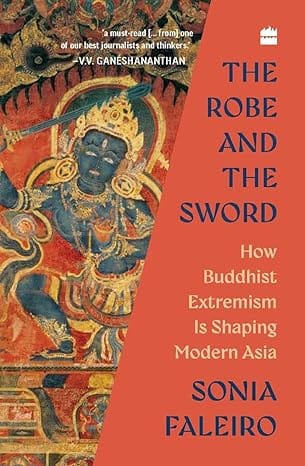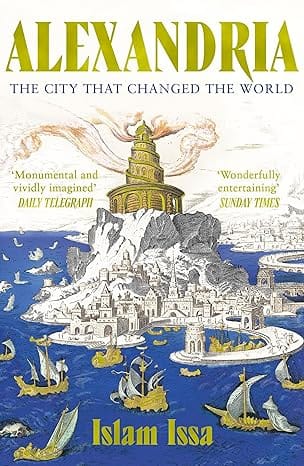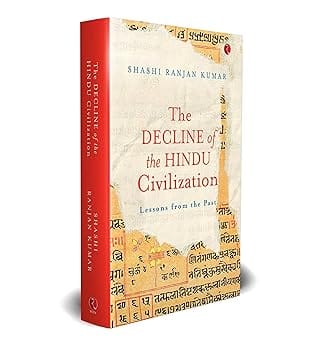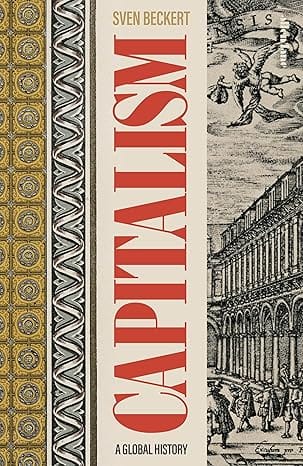WELCOME TO MIDLAND BOOK SHOP!
SHOP FOR
- Non-ficton
- Non-ficton
- Contemporary Fiction
- Contemporary Fiction
- Children
- Children
- Comics & Graphic Novels
- Comics & Graphic Novels
- Non-Fiction
- Non-Fiction
- Fiction
- Fiction
Shop No.20, Aurobindo Palace Market, Hauz Khas, Near Church +91 9818282497 | 011 26867121 110016 New Delhi IN
Midland The Book Shop ™
Shop No.20, Aurobindo Palace Market, Hauz Khas, Near Church +91 9818282497 | 011 26867121 New Delhi, IN
+919871604786 https://www.midlandbookshop.com/s/607fe93d7eafcac1f2c73ea4/69453da445ba84d539b38f9a/black-yellow-simple-bold-youtube-channel-logo-400-x-100-px-1--480x480.png" [email protected]9788178242750 6501a9b2f242461a963be3a2 The Language Of The Gods In The World Of Men Sanskrit, Culture, And Power In Premodern India https://www.midlandbookshop.com/s/607fe93d7eafcac1f2c73ea4/6501a9b4f242461a963be3b2/71zs-j2y9gl-_sy385_.jpg 9788178242750
Exploring the rise and fall of Sanskrit as a vehicle of poetry and polity, this title traces the two great moments of its transformation. Drawing parallels with the rise of Latin literature and the Roman empire, it asks whether these very different histories challenge theories of culture and power and suggest possibilities for practice.
Review
"The scholarship exhibited here is not only superior; it is in many ways staggering. The author's control of an astonishing range of primary and secondary texts from many languages, eras, and disciplines is awe-inspiring. This is a learned, original, and important work." - Robert Goldman, Sanskrit and India Studies, The University of California at Berkeley "This major work is stimulating and path-breaking, and presents an extraordinarily ambitious argument. It is perhaps the first book in the Indological tradition to be a major empirical study as well as a contribution to critical cultural theory. Pollock is doubtless without peer in this entire field." - Arjun Appadural, New School University"
From the Inside Flap
"The scholarship exhibited here is not only superior; it is in many ways staggering. The author's control of an astonishing range of primary and secondary texts from many languages, eras, and disciplines is awe-inspiring. This is a learned, original, and important work."?Robert Goldman, Sanskrit and India Studies, University of California, Berkeley
From the Back Cover
The scholarship exhibited here is not only superior; it is in many ways staggering. The author's control of an astonishing range of primary and secondary texts from many languages, eras, and disciplines is awe-inspiring. This is a learned, original, and important work.--Robert Goldman, Sanskrit and India Studies, University of California, Berkeley
About the Author
Sheldon Pollock is William B. Ransford Professor of Sanskrit and South Asian Studies at Columbia University, and former George V. Bobrinskoy Distinguished Service Professor at The University of Chicago. His previous publications include Literary Cultures in History: Reconstructions from South Asia (California, 2003), Cosmopolitanism (2002, with Homi Bhabha et al.), and The Ramayana of Valmiki, Volume III: Aranyakanda (1991), and Volume II: Ayodhyakanda (1986).
out of stock INR 716
1 1
Email ID already exists!
Your Current password is incorrect
Password Updated Successfully
Thanks for your Feedback
- Home
- History
- The Language Of The Gods In The World Of Men Sanskrit, Culture, And Power In Premodern India
The Language Of The Gods In The World Of Men Sanskrit, Culture, And Power In Premodern India
ISBN: 9788178242750
₹716
₹895 (20% OFF)SIZE GUIDE
Back In Stock Shortly - Fill The Book Request Form
Sold By: Hauz Khas - Aurobindo Market
Details
- ISBN: 9788178242750
- Author: Sheldon Pollock
- Publisher: Permanent Black
- Pages: 703
- Format: Paperback
Book Description
Exploring the rise and fall of Sanskrit as a vehicle of poetry and polity, this title traces the two great moments of its transformation. Drawing parallels with the rise of Latin literature and the Roman empire, it asks whether these very different histories challenge theories of culture and power and suggest possibilities for practice.
Review
"The scholarship exhibited here is not only superior; it is in many ways staggering. The author's control of an astonishing range of primary and secondary texts from many languages, eras, and disciplines is awe-inspiring. This is a learned, original, and important work." - Robert Goldman, Sanskrit and India Studies, The University of California at Berkeley "This major work is stimulating and path-breaking, and presents an extraordinarily ambitious argument. It is perhaps the first book in the Indological tradition to be a major empirical study as well as a contribution to critical cultural theory. Pollock is doubtless without peer in this entire field." - Arjun Appadural, New School University"
From the Inside Flap
"The scholarship exhibited here is not only superior; it is in many ways staggering. The author's control of an astonishing range of primary and secondary texts from many languages, eras, and disciplines is awe-inspiring. This is a learned, original, and important work."?Robert Goldman, Sanskrit and India Studies, University of California, Berkeley
From the Back Cover
The scholarship exhibited here is not only superior; it is in many ways staggering. The author's control of an astonishing range of primary and secondary texts from many languages, eras, and disciplines is awe-inspiring. This is a learned, original, and important work.--Robert Goldman, Sanskrit and India Studies, University of California, Berkeley
About the Author
Sheldon Pollock is William B. Ransford Professor of Sanskrit and South Asian Studies at Columbia University, and former George V. Bobrinskoy Distinguished Service Professor at The University of Chicago. His previous publications include Literary Cultures in History: Reconstructions from South Asia (California, 2003), Cosmopolitanism (2002, with Homi Bhabha et al.), and The Ramayana of Valmiki, Volume III: Aranyakanda (1991), and Volume II: Ayodhyakanda (1986).
User reviews
NEWSLETTER
Subscribe to get Email Updates!
Thanks for subscribing.
Your response has been recorded.

India's Iconic & Independent Book Store offering a vast selection of books across a variety of genres Since 1978.
"We Believe In The Power of Books" Our mission is to make books accessible to everyone, and to cultivate a culture of reading and learning. We strive to provide a wide range of books, from classic literature, sci-fi and fantasy, to graphic novels, biographies and self-help books, so that everyone can find something to read.
Whether you’re looking for your next great read, a gift for someone special, or just browsing, Midland is here to make your book-buying experience easy and enjoyable.
We are shipping pan India and across the world.
For Bulk Order / Corporate Gifting
 +91 9818282497 |
+91 9818282497 |  [email protected]
[email protected]
Click To Know More
INFORMATION
QUICK LINKS
ADDRESS
Midland Book Shop - Hauz Khas
Shop No.20, Aurobindo Palace Market, Near Church, New Delhi
Shop No.20, Aurobindo Palace Market, Near Church, New Delhi

